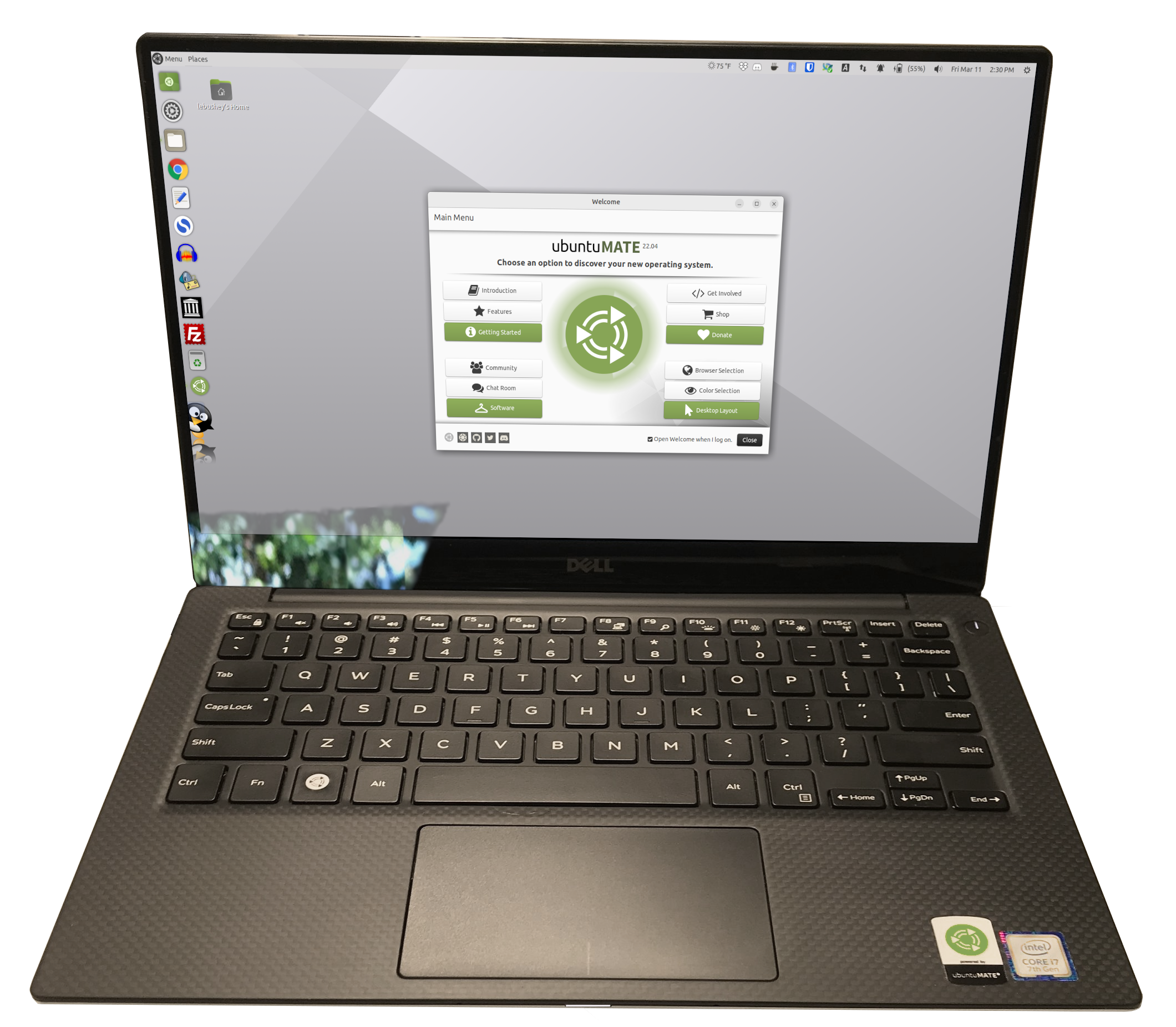Computing With Linux and Open Source Is Even More Popular Today
This year more than ever, computer users are preferring to use Linux as an alternative to Windows, macOS and even Chrome. Global computer makers like Dell and Lenovo are now routinely offering models with Linux preinstalled while companies like System76 and Entroware specialize in Linux-only or Linux-first offerings. Of course these computers come with an assortment of free, open source software alternatives that are compatible with the word processors, spreadsheets, mail, calendars, web browsers and other software that Microsoft and Apple want to sell you.

Microsoft, Apple, and Google Drive Users Away
If it isn't the constant barrage of targeted pop ups and other advertising driving people away from the three major operating systems, it's the reports of software vulnerabilities and web software breaches causing people to adopt the alternative more now than ever. Of course the high prices of buying new hardware and software are making the decision even easier.
Savvy users have long been finding free software alternatives to run on their Windows and macOS computers. LibreOffice, Chromium-based web browsers, and Thunderbird email are easily the staples of open source solutions for both home and business users. Today there are thousands of such applications available, many without cost and restrictive licensing terms.
For those who have already moved to Linux-based computers, the 'limited time' offers, vendor lock-in, and expired free trials have made way for the security and reliability of open source applications -- applications that are free to use for as long as you like and are compatible with your friends' software regardless of whose software they are using. Open source software is a way of life on Linux computers and Linux comes preinstalled with many of the software applications you need daily with thousands more available for free with just a few mouse clicks.
Escape Vendor Lock-in and Planned Obsolescence
Linux users switch to Linux for the reasons above but many get started because their computer hardware is no longer supported by the operating system that was orginally installed on it and they have discovered Linux as a way of extending its life almost indefinitely. Often, neither Microsoft, Apple, nor Google will allow upgrades to the perfectly-functioning computer hardware that was purchased a few years ago even though it has almost the same specs as the newest computers available today. Computer users are told that their current hardware 'isn't capable' of running modern software or 'isn't compatible' with the latest security updates. Insultingly, the Windows computer they've been told is incapable of running the most modern and secure version of the software keeps trying to force them to upgrade to the incompatible version! Until they found Linux the only option seemed to be to purchase a new computer.
More Reasons to Use Linux
If you haven't already, when you try Linux you'll find that it is a free, full-featured, and modern computer operating system with an attractive and easy to understand user interface. Its update manager keeps both the operating system itself and all of its installed applications updated to the most current, most secure release. Linux is more secure and better-supported than other operating systems that come preinstalled on most personal computer hardware today. With modest hardware requirements, Linux is suitable for modern workstations and laptops, single board computers, and older hardware alike. Linux makes modern computers fast and old computers usable.
Want more specifics? Why Users Switch from Windows, macOS, and Chrome

